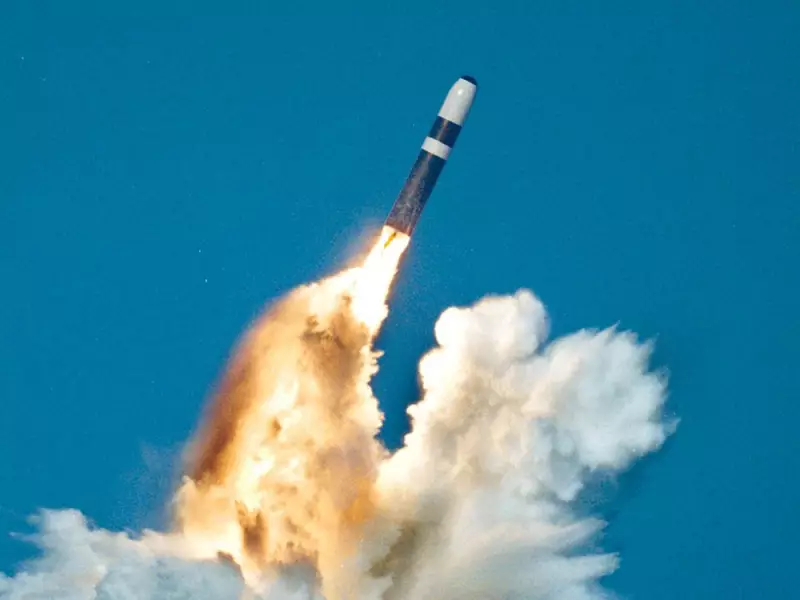
In a revelation that has sent shockwaves through the national security community, senior officials in the Trump administration engaged in serious discussions about resuming live nuclear weapons testing for the first time in nearly three decades. The controversial debate, which occurred during a pivotal 2020 meeting, exposed deep divisions within the administration about America's nuclear posture.
The Fateful White House Meeting
The discussion unfolded at the highest levels of government, with some officials arguing that demonstrating America's willingness to conduct nuclear tests could provide crucial leverage in negotiations with nuclear rivals Russia and China. Proponents suggested that such a move would signal American resolve and potentially pressure other nations into arms control agreements.
According to sources familiar with the deliberations, the proposal represented a dramatic shift from decades of bipartisan nuclear policy. The United States hasn't conducted a live nuclear test since 1992, observing an informal moratorium that has become a global norm among nuclear powers.
Immediate Backlash and Concerns
The testing proposal immediately raised alarm bells among arms control experts and some administration officials who warned of dangerous consequences. Critics argued that resuming testing would:
- Trigger a new global nuclear arms race
- Undermine decades of non-proliferation efforts
- Damage relationships with key allies
- Provide justification for other nations to resume their own testing programs
The debate occurred against the backdrop of stalled negotiations with Russia over nuclear arms control and growing concerns about China's expanding nuclear capabilities. Some officials believed that America's aging nuclear stockpile required updated testing to ensure reliability, though many scientists maintain that current simulation technology makes live testing unnecessary.
What This Means for Global Security
The mere consideration of resuming nuclear testing highlights how dramatically nuclear policy could shift under different administrations. While the proposal ultimately didn't move forward, the discussion itself has raised concerns about the future of global nuclear stability.
Arms control advocates warn that breaking the testing moratorium could have catastrophic consequences, potentially unraveling the delicate framework of nuclear agreements that has helped prevent nuclear conflict since the Cold War. The revelation also underscores the ongoing tension between demonstrating military strength and maintaining international norms around nuclear weapons.
As global powers modernize their nuclear arsenals and geopolitical tensions simmer, the question of whether America should return to nuclear testing remains a contentious issue that could resurface in future security debates.





